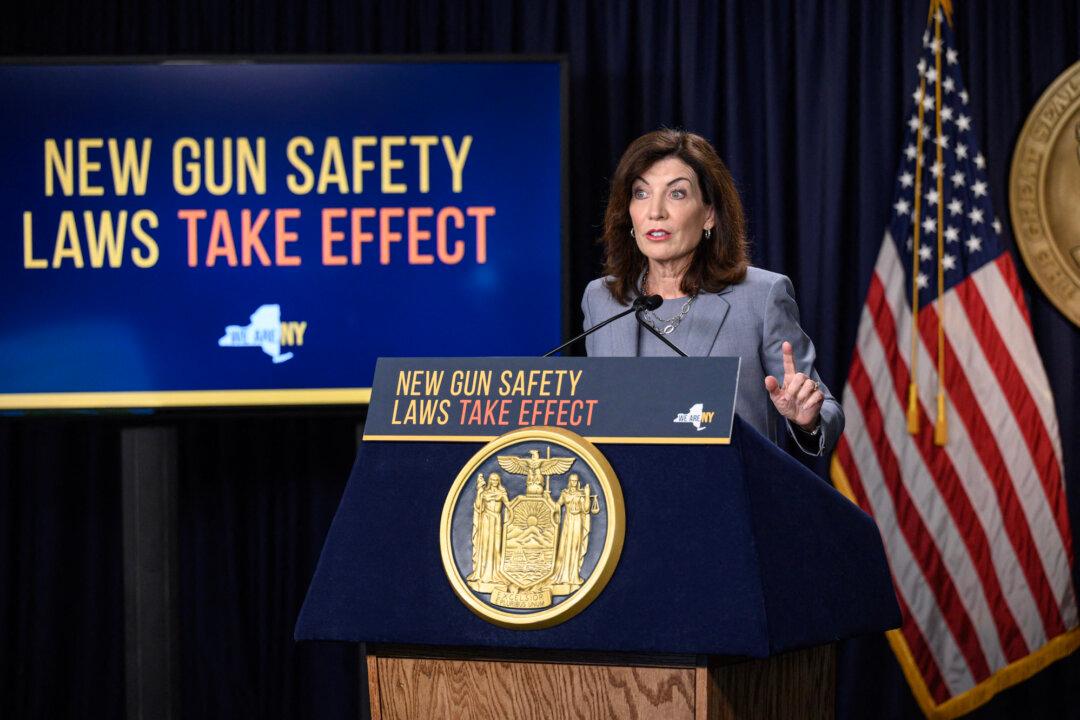Despite a list of pro-gun rulings by the U.S. Supreme Court over the past 13 years, Rev. Mark Knutson of Portland, Oregon, who has been advocating against gun access, gives one reason for his support of stricter firearms laws.
“This will save lives,” says Knutson, a pastor at Augustana Lutheran Church and chairman of the “Lift Every Voice Oregon—YES on Measure 114” campaign.





